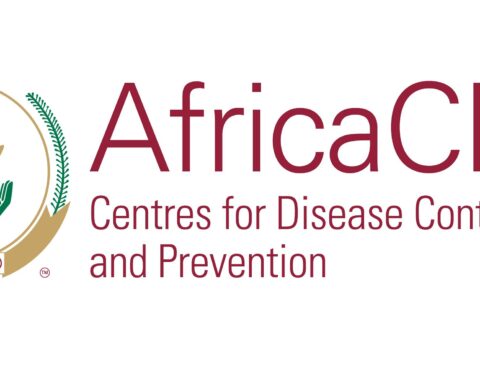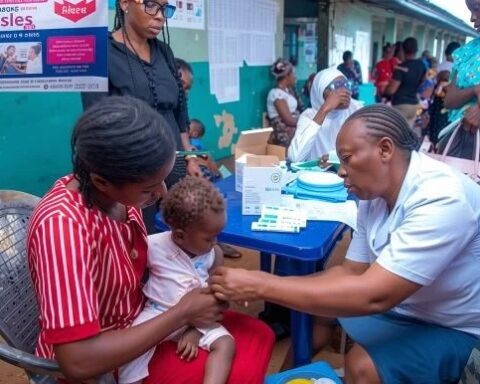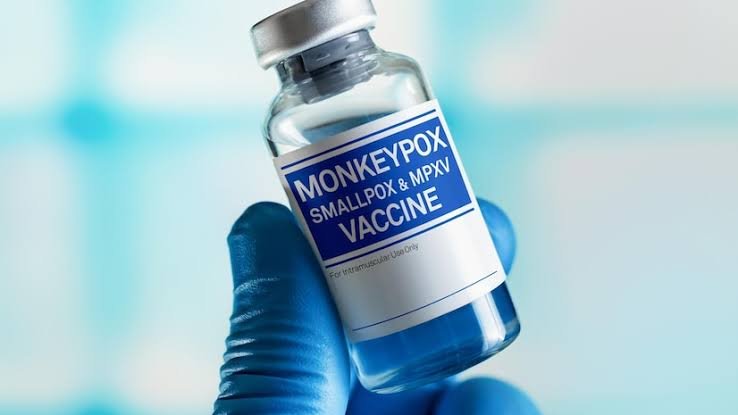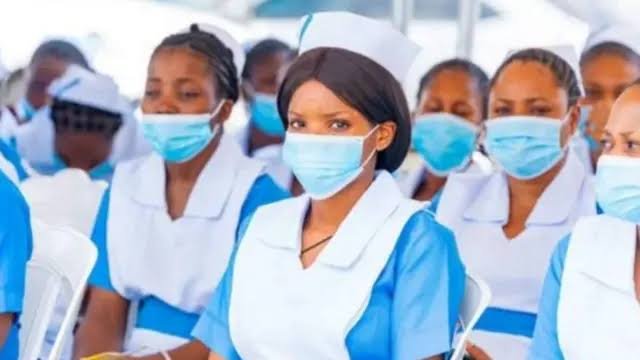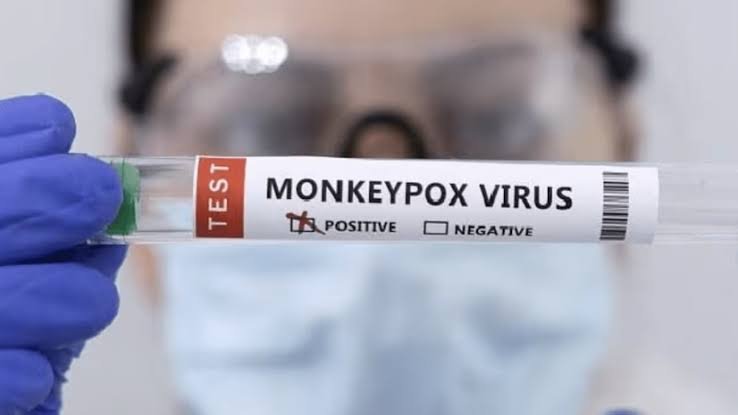In response to the ongoing outbreak of Human Metapneumovirus (HMPV) in China and beyond, the Nigeria Centre for Disease Control (NCDC) has announced some precautionary measures against the virus in Nigeria.
NCDC first dispelled the rumours that the World Health Organization (WHO) has declared HMPV a Public Health Emergency of International Concern (PHEIC), and also confirmed that no such virus has been reported or detected in Nigeria.
It stated that Nigeria operates a National Influenza Sentinel Surveillance (NISS) system, comprising sentinel sites distributed across the six geopolitical zones of the country, which include tertiary and secondary health facilities that monitor Influenza-like Illness (ILI) and Severe Acute Respiratory Infections (SARI).
NCDC Director General, Dr. Jide Idris, in an advisory statement, noted that as of January 6, 2025, data from the surveillance system does not indicate any unusual increase in respiratory infections including those caused by HMPV.
He, however, noted that NCDC is proactively implementing measures to strengthen the country’s preparedness and response capacity
given the global trends in HMPV cases.
Dr. Idris confirmed that NCDC is closely monitoring the situation, and has implemented actions to ensure public health safety which includes dynamic risk assessment for the HMPV which was recently done in collaboration with WHO, USCDC, UKHSA, among others.
He confirmed that the assessment had classified the risk of HMPV for Nigeria as moderate, adding that the evaluation will inform and guide preparedness efforts, decision-making, and response strategies to mitigate potential impacts.
He added: “We have issued a public health advisory to Nigerians with up-to-date information on preparedness actions and preventive measures. Also, we are working with Port Health Authorities to
ensure robust preparedness at all international Points of Entry (PoEs).
“Advisories have been issued to hospitals nationwide on enhanced Infection Prevention and Control (IPC) practices which includes proper hand hygiene, environmental cleaning, respiratory hygiene, and cough etiquette, and all health facilities are required to identify an appropriate isolation room where cases can be quickly isolated while receiving care.
“We have strengthened collaboration with state governments and healthcare facilities on case management preparedness. Similarly, relevant materials such as Personal Protective Equipment (PPEs), notably, facemasks, hand gloves, hand hygiene supplies, and other essential IPC items have been stockpiled for rapid deployment if required. Additionally, laboratory consumables, reagents, and other necessary supplies have also been stockpiled to ensure readiness.”
Meanwhile, the NCDC had explained that HMPV is a respiratory virus that can cause illnesses ranging from mild cold-like symptoms to severe respiratory infections, particularly in young children, older adults and individuals with weakened immune systems.
It confirmed that there is no specific antiviral treatment or vaccine for HMPV at the moment, but supportive care such as rest, hydration, and fever management, remains the primary approach to recovery.
It listed the symptoms to include cough, fever, nasal congestion, shortness of breath, wheezing, bronchitis or pneumonia in vulnerable populations such as very young children, older people, patients with low immunity such and those on cancer treatment, uncontrolled diabetes, etc.
It stated that the incubation period is 3-5 days after exposure, and infections typically resolve within 2-5 days with supportive care, but high-risk populations may experience complications.
On mode of transmission, it was confirmed that HMPV spreads through respiratory droplets from coughing and sneezing, close personal contact (e.g., touching or shaking hands), touching contaminated surfaces and then touching the face, overcrowding and poor ventilation can lead to increased transmission, e.g., in congregate settings such as correctional centers and poorly managed IDPs.
The NCDC, however, restated that it’s dedicated to protecting the health of Nigerians through continuous surveillance and prompt response to infectious diseases, and urged the public to adhere to the outlined preventive measures, and to seek medical attention if experiencing symptoms consistent with HMPV infection.


